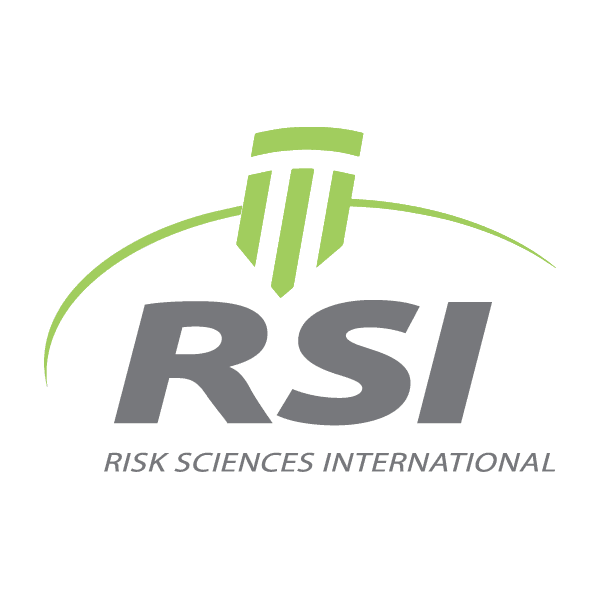Public transport systems are critical to economic productivity, urban mobility, and environmental sustainability, but they also present complex safety, health, and operational risks. Accidents, infrastructure failures, overcrowding, and infectious disease transmission all pose potential threats to passenger safety and public trust. Meanwhile, climate change adds further stress, with extreme weather events disrupting services and damaging infrastructure.
Managing public transport risks requires coordination across governments, operators, and communities. Regulators must set and enforce safety standards, operators must ensure reliability and maintenance, and the public demands accessibility, affordability, and transparency. Emerging technologies such as electrification and automation bring both opportunities for safety improvement and new uncertainties.
Risk sciences provide tools to evaluate system vulnerabilities, prioritize maintenance and investment, and model scenarios for accidents or service disruptions. They also guide emergency planning and support clear risk communication, helping to maintain confidence in transport systems even during crises.
RSI is committed to advancing public transport safety and resilience, offering expertise and experience to support decision-making in this vital sector.

